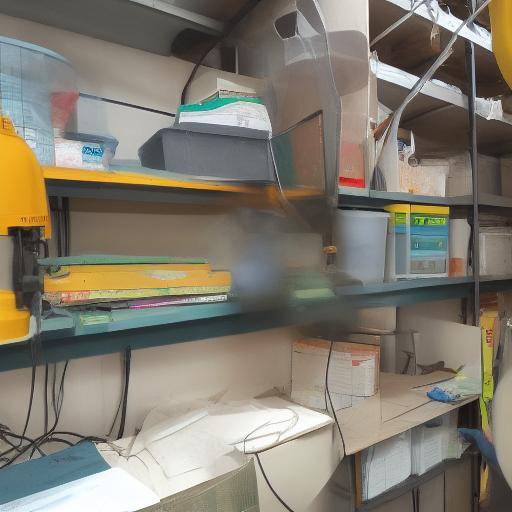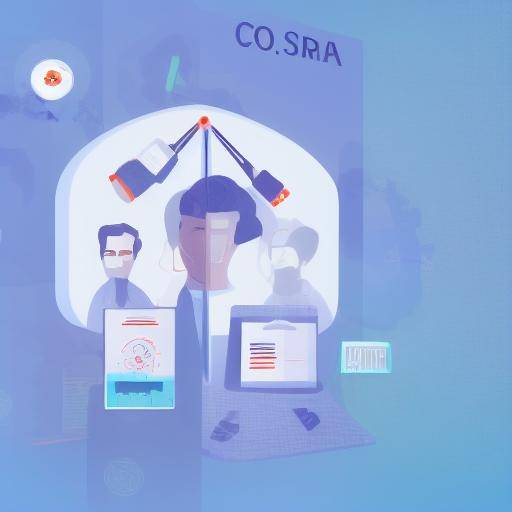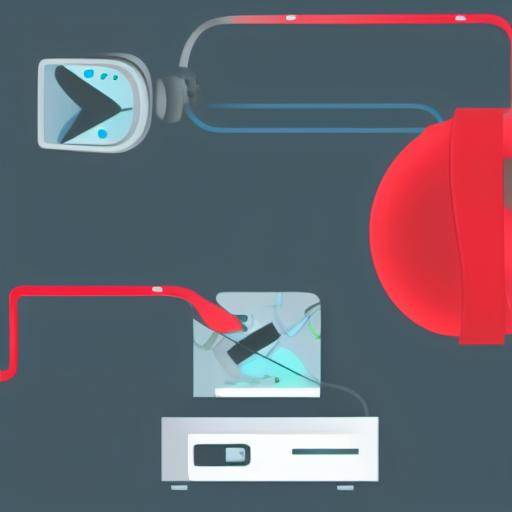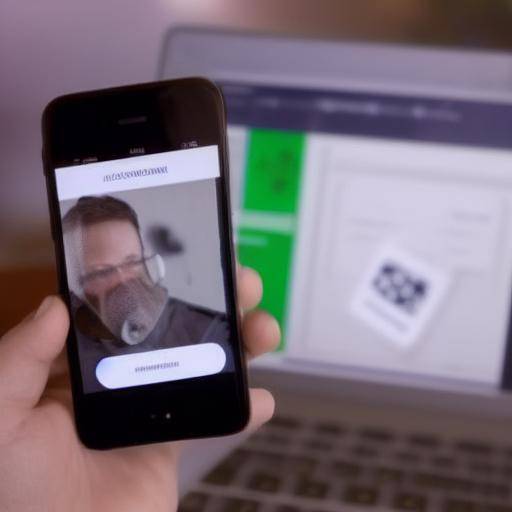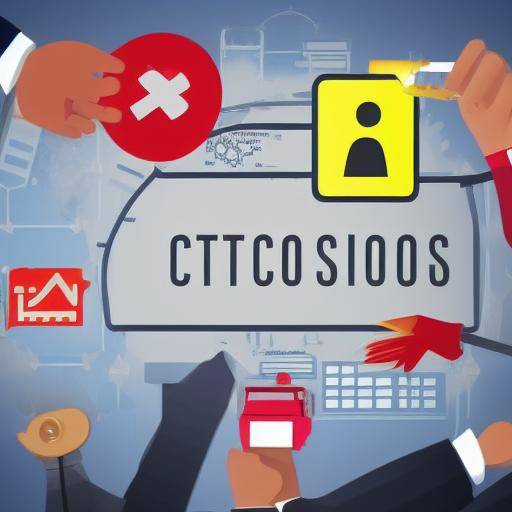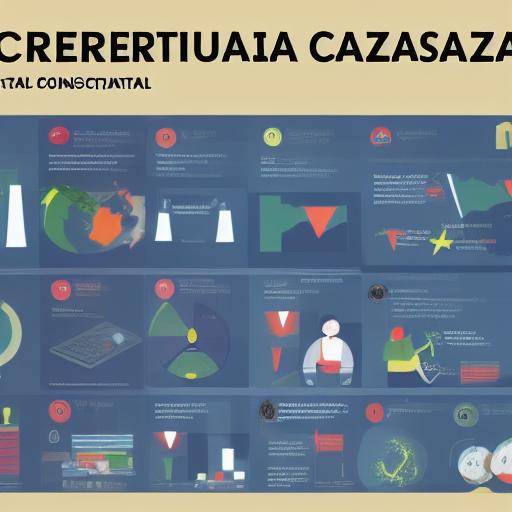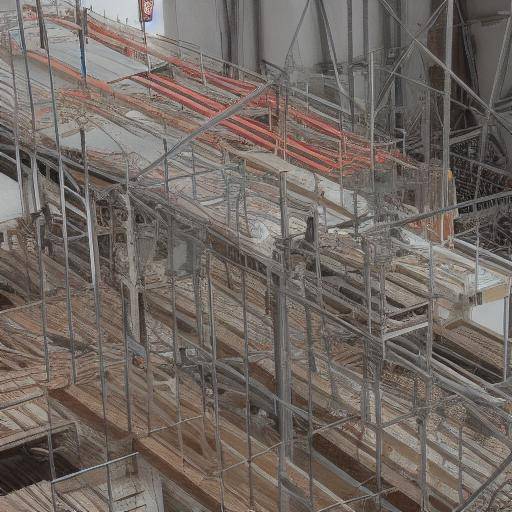
Introduction
Active listening and the ability to receive constructive criticism are fundamental skills in the personal and professional sphere. Learning to listen effectively and receive feedback constructively not only improves our interpersonal relationships, but also drives our growth and development. In this article, we will explore in detail how to develop active listening skills to receive constructive criticism, the benefits that this entails, as well as practical advice to implement it in different areas of everyday life.
History and Background
The practice of active listening has deep roots in various philosophical and religious currents, including Buddhism and Socratic Philosophy. Throughout the centuries, the importance of listening attentively and reflecting on what is heard has been highlighted in different cultures and traditions. In more contemporary contexts, the concept of "active listening" has gained relevance in areas such as psychology, couples therapy, mediation, and business.
On the other hand, constructive criticism has been recognized as a valuable tool for personal and professional growth. Through history, leaders, educators, and development experts have emphasized the importance of receiving feedback constructively to improve skills, behaviors, and processes.
Analysis in Deep
Active listening brings many benefits both at the personal and professional level. At the personal level, it promotes healthier and more satisfactory relationships by fostering understanding, empathy, and respect for others. In the professional field, active listening is essential for effective leadership, conflict resolution, and improved team communication.
In terms of constructive criticism, this offers the opportunity to identify areas of improvement, fosters continuous learning, and promotes a more productive and collaborative working environment. However, receiving constructive criticism can be challenging, as it requires an open attitude, humility, and ability to see beyond criticism itself to understand the value it brings.
Comprehensive review
The practical application of active listening and constructive criticism entails a number of important considerations. For example, in the context of work, it is crucial to establish an organizational culture that fosters constant feedback and open dialogue, while at the personal level an active commitment to listening and reflection is required.
In addition, it is important to compare different methods and approaches for active listening and assimilation of constructive criticism in order to identify those strategies that are most effective in different contexts and situations.
Comparative analysis
Active listening and the reception of constructive criticism share an important point in common: their goal is to facilitate understanding, learning, and growth. However, it is crucial to understand the differences between both abilities. While active listening focuses on the ability to be present and attentive to what others communicate, constructive criticism focuses on the ability to assimilate feedback and use it to improve.
Practical Tips and Accessible Tips
To develop active listening skills and receive constructive criticism effectively, it is advisable to establish an enabling environment for open communication and honest feedback. In addition, it is essential to practice empathy, patience, and the ability to separate the criticism from the issuer. At the same time, it is crucial to foster a proactive approach to continuous improvement, using constructive criticism as a means for learning and development.
Conclusions
In short, developing active listening skills to receive constructive criticism is essential for our personal and professional growth. By learning to listen consciously and receive feedback constructively, we strengthen our relationships, improve our decision-making, and promote an environment of learning and sustainable development.
Frequently asked questions
1. What is active listening and why is it important?
Active listening is a process in which the listener engages proactively by paying full attention to what the transmitter is communicating. It is crucial because it promotes understanding, empathy, and building meaningful relationships.
2. What is the difference between constructive criticism and negative criticism?
Constructive criticism focuses on identifying areas of improvement and offers suggestions for growth, while negative criticism tends to focus on the negative without offering solutions or guidance for improvement.
3. How can I develop an open attitude to receive constructive criticism?
It is essential to cultivate humility and the ability to separate criticism from the person who issues it. In addition, it is important to focus on the value that criticism brings instead of reacting defensively.
4. What are the benefits of active listening in the workplace?
Active listening promotes more effective communication, facilitates conflict resolution, strengthens leadership, and fosters a more collaborative and productive working environment.
5. How can I practice active listening in my daily life?
You can practice active listening by paying full attention to conversations, asking questions to get more clarity, avoiding interrupting and demonstrating genuine interest in what the other has to say.
6. What is the impact of receiving constructive criticism on professional development?
Effective reception of constructive criticism promotes continuous learning, identifies areas of improvement, and strengthens the skills and competencies necessary for growth in the professional career.
In short, developing active listening skills to receive constructive criticism not only brings significant benefits at the individual level, but also contributes to the well-being of interpersonal relationships and success in the workplace. Only by actively practicing these skills can we unlock our growth and development potential in a sustainable manner.
With all this in mind, it is crucial to remember that mastery in these skills is not reached overnight. It requires constant practice, self-reflection, and a genuine commitment to continuous learning.




